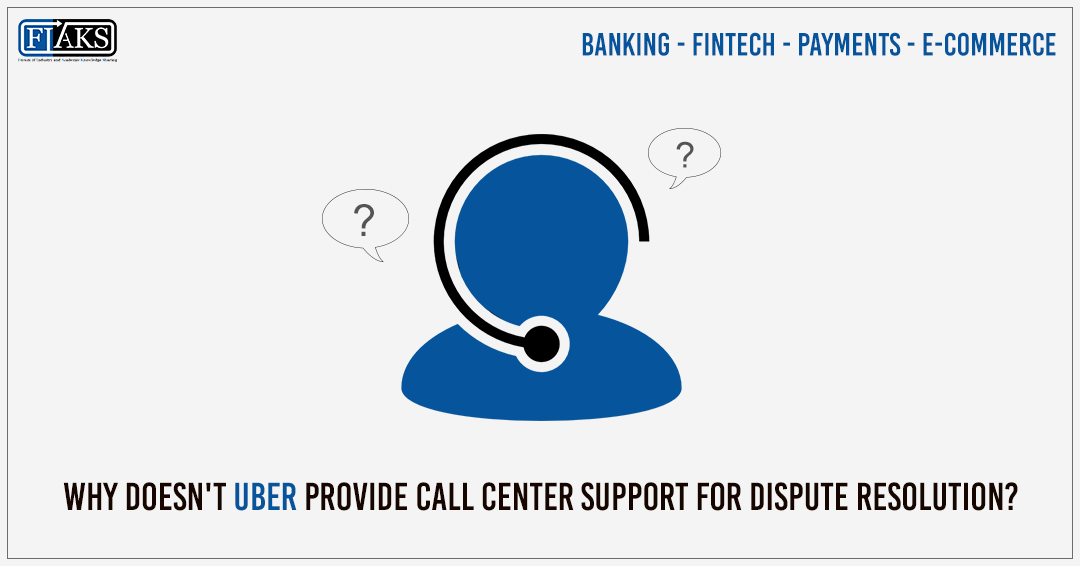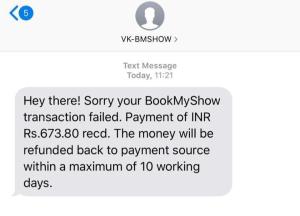Members of the FIAKS community participated in E-Panel discussions:
- Ms Soojata Iyer, Global Head Process Design Retail CDD & Strategic Project, Standard Chartered Bank
- Ms Kaunain Esmile, Vice President-Country Lead Customer Experience, DBS Bank
- Ms Pallavi Gupta, Manager Strategic Alliances, Coin Tribes Technologies
- Mr Deepak Takalkar, Associate Director, Risk & Fraud – TimesofMone
- Mr Atish Shelar,Head – Acquisition /Business Development,Indiaideas.com Ltd
- Mr Harveer Singh, former Head of Product Marketing, Empays Payment Systems Ltd
- Mr Arun Tanksali, Co-founder & CTO, Nearex
- Mr Amit Lakhotia, Vice President Tokopedia
- Mr Sridhar R, President & Credit Risk Officer, Lakshmi Vilas Bank
- Mr Rajiv Rai , Chief Digital Officer, Edelweiss Financial Service
- Mr Sunil Dalal, Managing Director, Softcell technologies Lt
- Mr Ketan Doshi, Managing Director, Paypoint India Network Pvt Lt
- Mr Parag Mehta Founder & CEO , Evolute Group
- Mr Neeraj Chandra, Head of Operations, Abu Dhabi Commercial Bank
- Mr Kamonasish Aayush Mazumdar, Chief Marketing Officer, MeraEvents
- Mr Sharad Goklani, Senior Vice President- Technology, Equitas Small Finance Bank
- Mr Vikas R Panditrao, Advisor, Forum of Industry Academic Knowledge Sharing(FIAKS)
- Many other CEO/CXO Bankers & Fintech professionals on FIAKS Forum
The Reserve Bank of India (RBI) has extended its customer protection framework in cases of payment frauds or unauthorized transactions to the users of authorized prepaid payment instruments (PPIs). Earlier, the framework was restricted just to customer frauds in banks and NBFCs. The users of PPIs now will not be liable for losses incurred due to fraud or discrepancy on part of the issuers. In cases of third-party interference, there will be no customer liability if the matter is brought to notice within three working days and up to Rs 10,000 if it is reported between four to seven days.
On the other hand, it’s tough to get a refund Rs.50 that get deducted when you cancel an Uber. It’s very difficult to locate contact number or email ID on Uber. Also, who has the time to do multiple follow-ups or write emails for such small value incorrect billing to Regulator. How are the regulatory bodies addressing these concerns?
These were the questions raised in the FIAKS community. A member of the community doesn’t think they are even looking into it. This member will put this problem to the Competition Commission that this duopoly is operating with consumers without any redressal mechanism.
A fellow member feels that it is very easy to locate it in the app. One needs to select the trip that was canceled in the app and hit “review your cancellation fee” and usually they refund immediately as “Uber Credits” which is auto applied to your next ride fare.
To be fair, Uber has always refunded wrongly debited amounts, when claimed. Another member suggests that people should ask for a refund while giving feedback on the trip which may just have been booked but not undertaken. But how will non-English speaking person use this app and ask for a refund? This is not a correct practice. Also even if a person is able to read English, that moment he/she will be working on booking next cab rather worrying about wrongly debited Rs 50 as trip cancellation.
When you visit any bank branch, you can see the RBI mandate display of ombudsman details which has an email ID, a phone number, and even RBI officer’s name and email ID. Even a complaint register is maintained at each branch which is regularly audited by the internal auditor. The question is how come regulators and banks are not asking these basic questions to fintech companies like Uber? Isn’t this a role of product managers or product heads who enables payment gateway? There are a lot of concerns on these requirement related to Uber and other new players that entering the market. But why are all these strict rules on dispute resolutions only mandated by the regulator for Banks & not for companies like Uber ?
An experienced member of the community points out that there are similar problems with all low margin online transactions. The member shares a personal experience saying “I had once booked a train ticket on Cleartrip (where the portal probably makes Rs. 10 per ticket) and had a problem. I was expecting an agent to help me. My expectation is valid but that does not make business sense for Cleartrip”. Comparing it to banking is not fair. The license arbitrage allows banks an opportunity to make money (or allowed them in the past) which is not open for other commercial entities.


